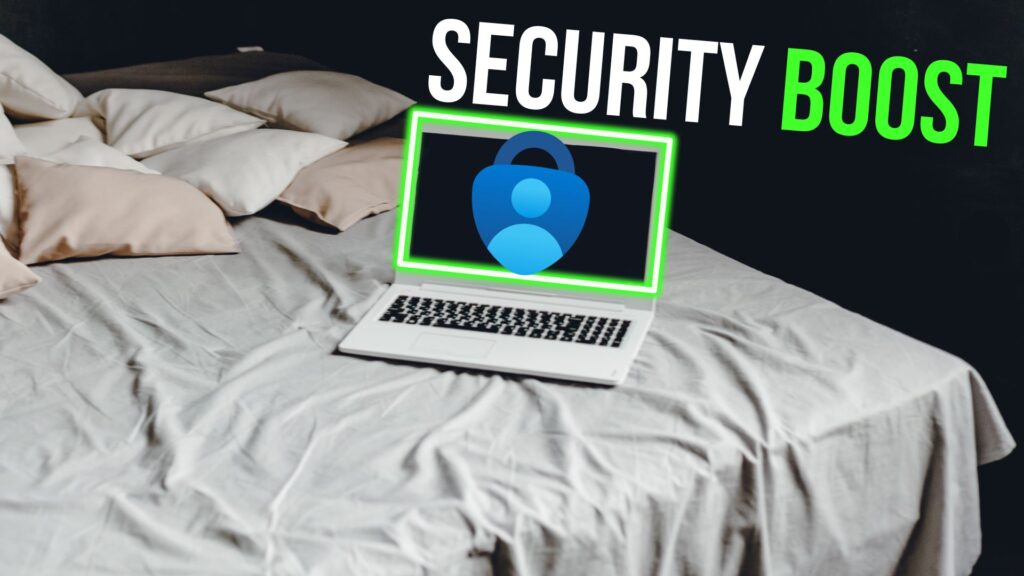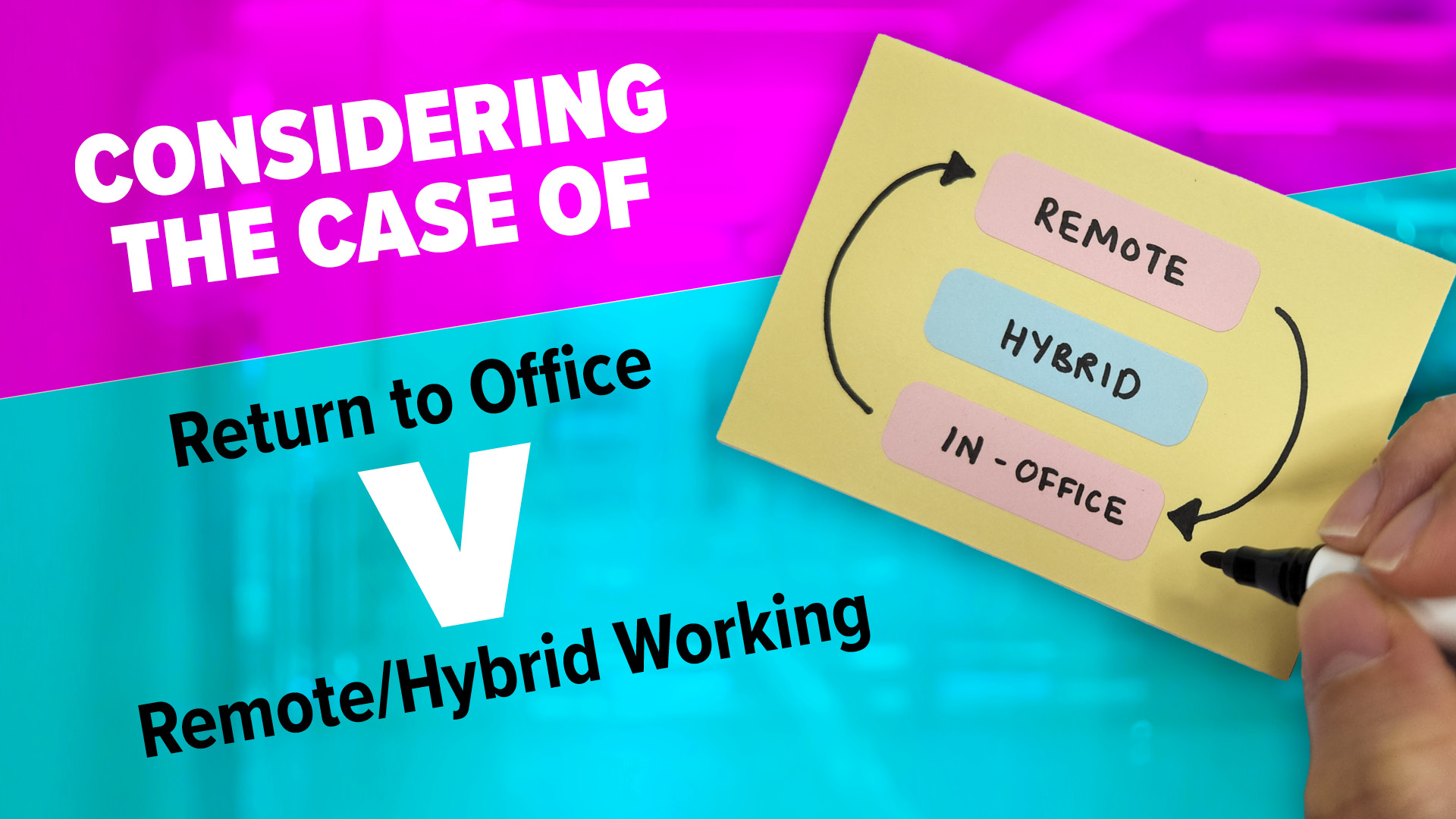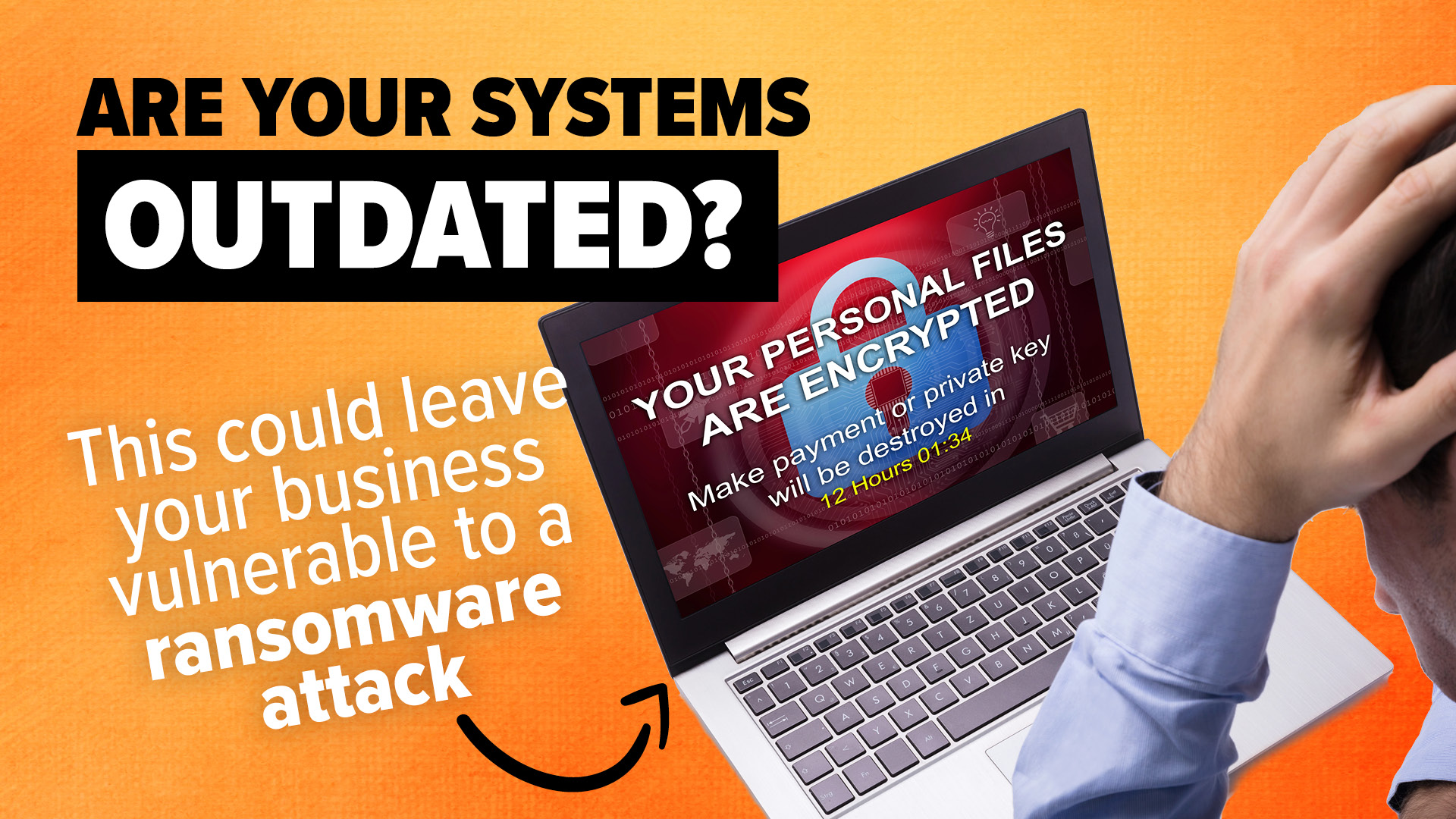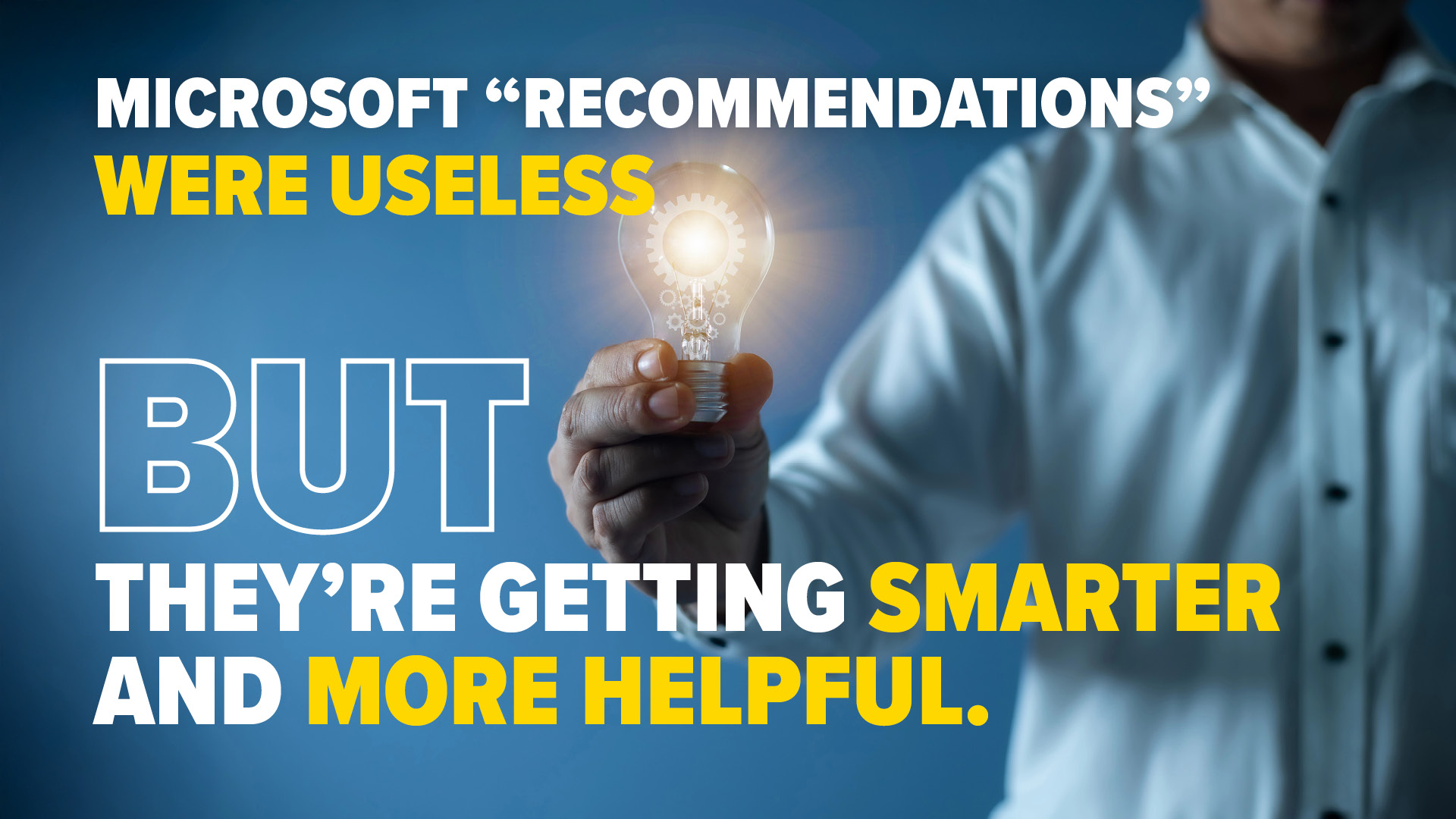Microsoft recently announced that all Azure sign-ins will soon require multi-factor authentication (MFA) to boost security. Even if you don’t use Azure, a cloud computing platform, this is something you should pay attention to. Because MFA is one of the simplest and most effective ways to protect your digital assets.

What is multi-factor authentication? Think of it like adding an extra security measure to the door of your business. Normally, you log into your accounts with just a password. But passwords aren’t as safe as they used to be; cybercriminals are good at cracking them. MFA adds another layer of security. It’s like saying, “OK, you have the key, but I’m going to need to see some ID too.”
After entering your password, you’re asked to verify your identity a second time. This could be a code sent to your phone, a fingerprint scan, or a quick tap on an app like Microsoft Authenticator. It’s an extra step, but an important one. Even if someone manages to steal your password, they’d still need this second form of verification to get into your account. That’s a massive roadblock.
Yes, adding another step to your sign-in process might sound like a hassle. But the reality is, it’s a small inconvenience that can save you a lot of trouble down the road. Imagine the fallout if someone gained access to your sensitive business information. The cost of a breach, in terms of both money and reputation, is much higher than the few extra seconds it takes to use MFA.
There are a few different ways to set up MFA. Some people prefer getting a one-time passcode via text message, while others like the convenience of a push notification on their phone. Biometric options, like fingerprints or facial recognition, are also becoming more common. And for those who want something extra secure, there are physical security keys that plug into your computer.
Microsoft’s push for MFA with Azure is just the tip of the iceberg. The truth is, this kind of security measure is a business security basic.
As cyber threats continue to evolve, so must our approach to defending against them. MFA is not just about protecting your email or cloud account; it’s a crucial shield against a wide range of attacks, including phishing, brute force attacks, and ransomware.
With the increasing sophistication of cybercriminals, relying on passwords alone is a risky gamble. Passwords can be stolen, guessed, or leaked through data breaches, and many users still rely on weak, easily crackable combinations. MFA drastically reduces the risk by adding a second verification method, which makes unauthorized access significantly more difficult.
Many organizations, both large and small, have already recognized the importance of MFA and have begun implementing it across their platforms. Financial institutions, healthcare providers, and government agencies, which handle sensitive data, often make MFA mandatory for their users.
This extra security measure is especially important in industries where data privacy regulations like GDPR and HIPAA require businesses to protect customer information with the highest level of security. If businesses fail to implement these protective measures, they not only risk breaches but also face potential legal consequences and fines.
For individuals and businesses alike, adopting MFA is a proactive step toward strengthening cybersecurity. It’s not a question of if your data will be targeted, but when. Implementing MFA doesn’t just protect you from random hacking attempts; it also helps defend against more targeted attacks, where criminals actively seek out high-value information.
By adding MFA to your login process, you’re effectively saying, “Not today” to cybercriminals, protecting your valuable assets and reducing the chances of becoming the next victim in a rapidly expanding digital threat landscape. Need help setting this up and making it easy for your business? It’s what we do. Get in touch.








